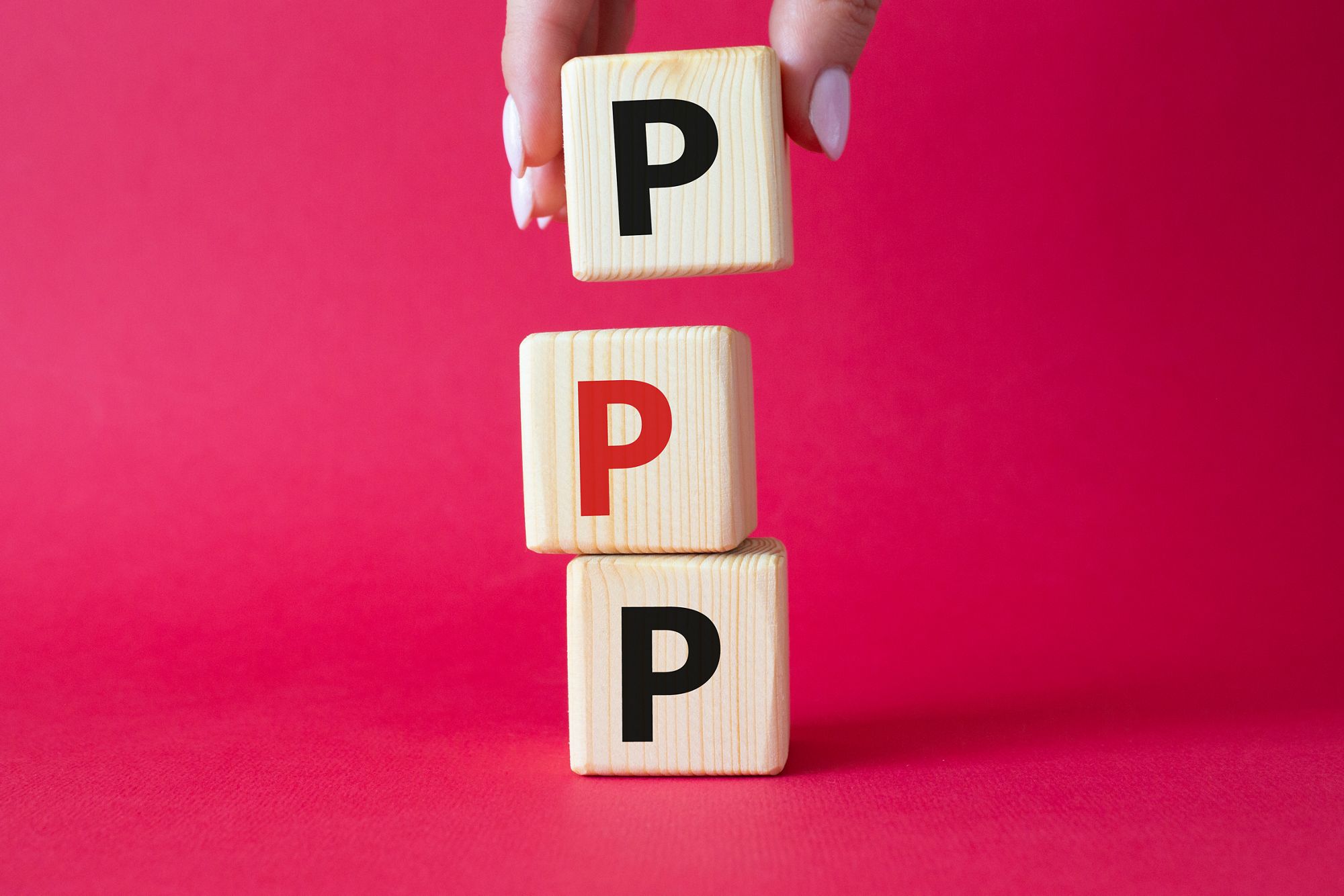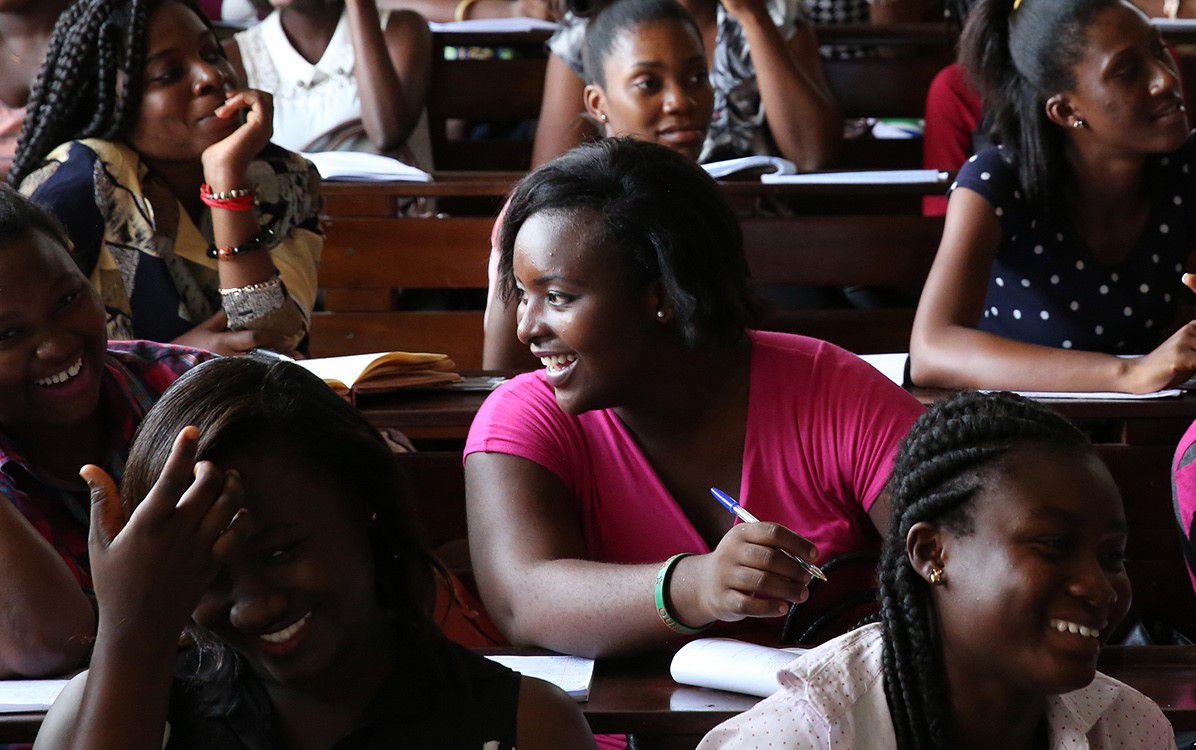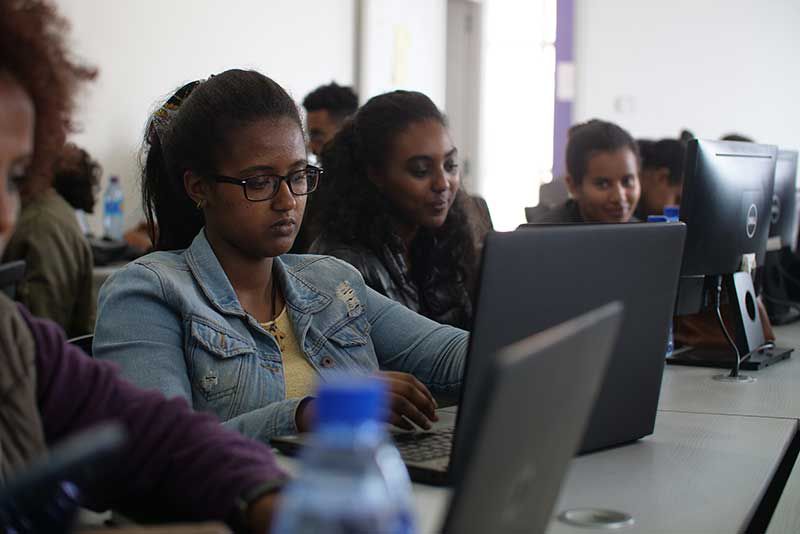Select a Region Sub navigation page selecting option, jump to that section
To advance Sustainable Development Goal 4 in higher education, IFC is hosting its 9th Global Education Conference on March 6-7, 2024, in Mexico City, where we explore the private sector’s role in promoting digital innovation, new operating models, and learning solutions to ensure students in low- and middle-income countries can succeed in today’s competitive labor market. Learn more and register today.
The impact of IFC clients in 2021:
-
816 KStudents reached
-
412 KFemale students reached







